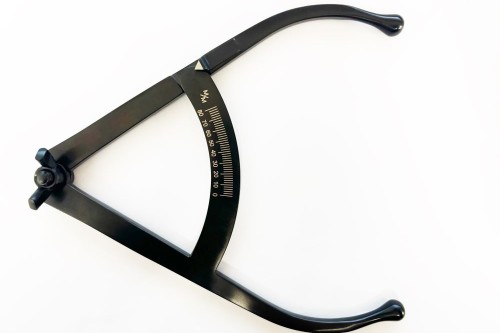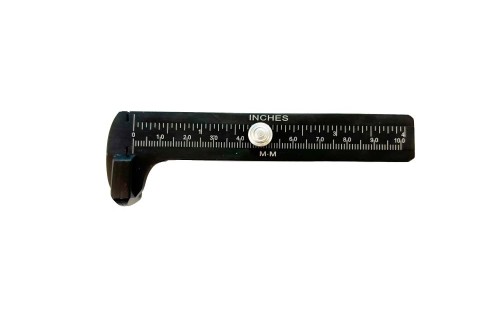- British Manufacturer of Premium Veterinary Instruments
- Established Supplier with Over 35 years Experience
- Premier Repair & Refurbishment Service
Personalised
Premium Veterinary Instruments
High Quality and British Manufactured, for Veterinary Surgeons
Shop NowVeterinary Products
British Manufacturer & Supplier of Veterinary Instruments
Our Mission is to safely and ethically manufacture, service and supply Veterinary Instruments and Surgical Instruments to the Public and Private Healthcare Sectors and provide accurate information, flexibility and continual quality improvement through our service and products.
Surgical Holdings New Duo Surface Finish is applied across all our surgery theatre range of general veterinary instruments. Many of our veterinary instruments will also have distinct design differences with the user and patient in mind. Surgical Holdings' stainless steel veterinary instruments are manufactured in accordance with BS 5194. This ensures every veterinary instrument has the correct composition, to ensure they can be fit for purpose and perform the action they were designed for.
Read moreWide Range of Veterinary Instruments Manufactured In-House by Surgical Holdings
At Surgical Holdings, we understand the importance of reliable access to high-quality veterinary instruments. Veterinary professionals depend on precision, durability, and availability to deliver the best possible care, which is why we design and manufacture a wide range of veterinary instruments in-house, with stock held and ready to supply. Supporting Everyday and Specialist Veterinary Procedures Our veterinary instrument range is developed to support both routine and specialist procedures across a variety of clinical settings. By maintaining strong stock levels of our in-house manufactured instruments, we help practices minimise delays and ensure essential tools are always availabl…
Read moreEssential Surgical Instruments for Every Veterinary Practice
For every veterinary practice, whether you’re performing routine spays and neuters or more complex soft‑tissue surgeries, having a well‑stocked, high‑quality instrument set is vital. Not all instruments are created equal: precision, finish and durability affect surgical performance, cleaning efficacy and long‑term value for your clinic. At Surgical Holdings Veterinary, we manufacture a range of instruments specifically designed for veterinary surgery, instruments built to last, manufactured in the UK to rigorous standards, and tailored to the real needs of veterinarians. Below, we walk through a complete look at the key instruments you should include in your surgical packs,…
Read moreA Practical Guide to Veterinary Instrument Care and Identification
Maintaining high-quality veterinary surgical instruments is essential for ensuring safety, precision, and reliability in any clinical setting. Proper instrument care not only extends the lifespan of your tools but also supports consistent surgical outcomes. Whether you’re running a busy small-animal practice or a mixed veterinary clinic, understanding how to clean, maintain, and identify your instruments is key to delivering professional standards of care. This guide covers essential veterinary instrument maintenance, cleaning protocols, and effective instrument identification methods to keep your equipment performing at its best. Why Instrument Care Matters Veterinary instru…
Read moreSurgery FAQs for Pet Owners: What to Expect Before, During & After
At Surgical Holdings Veterinary, we specialise in providing high-quality veterinary instruments to veterinary clinics across the UK. While we don’t perform surgeries ourselves, we understand that pet owners often have questions about what to expect before, during, and after a procedure. From routine spays and neuters to dental surgeries and wound repairs, knowing what the surgical journey involves can help ease your concerns and support your pet’s recovery. Before Surgery: Preparing Your Pet Preparation is key to ensuring a smooth and safe procedure. Clinics typically advise that pets should fast for several hours prior to anesthesia, and in some cases, water intake may also be …
Read more



























